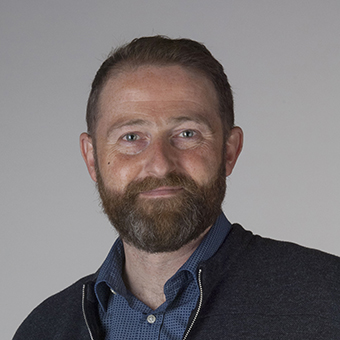Protection and repair of the injured newborn brain
Early life stress, Neonatal brain injury, Neurodevelopmental outcome, Neuroprotection, Neuroregeneration
Research aim
Our mission is to unravel the impact of early life adversity, such as perinatal asphyxia and stroke, preterm birth and early life stress on brain development and to design strategies to improve outcome of affected infants, shaping a better future.
About us
During the perinatal period, rapid brain development of networks makes the brain particularly vulnerable to adverse early life events. Asphyxia, stroke, preterm birth and early life stress are important risk factors for impaired brain development and injury to the newborn brain, with life-long consequences. Neonatal brain injury can be severe, leading to disabilities such as cerebral palsy, cognitive impairments, epilepsy, sensory impairments and neurodevelopmental disorders. Neonatal treatment options to protect or repair the brain are scarce. With our multidisciplinary team of (pre)clinical researchers the joined goal is to investigate the causes and consequences of injury in the developing brain. We decipher pathophysiological mechanisms and design innovative strategies to improve long-term outcome.
Our group is committed to translational research, bridging the gap between bench and bedside. By translating fundamental discoveries into clinical trials and applications and evidence-based interventions, we strive to impact patient care and improve outcomes of infants when they are most vulnerable.
To comprehensively address our research questions, we collaborate with leading experts across various (inter)national fields including neuroscience, peri/neonatology, neurology, rehabilitation, psychology, physiotherapy and patient organizations.
Our work touches upon the urgent unmet clinical need for patients and families with societal impact.
More information on the website of Developmental Origins of Disease (DDOD).








